Published NFT immigration guide. Paradigm Shift" Rethinking the Digital World: LikeCoin Founder Gao Jianjian Talks About Decentralized Publishing
Author| Gao Reconstruction (Founder of LikeCoin)
The application level of NFT is extremely wide, but its core is inseparable from the word "certificate". For example, in the application of publishing, NFT can be embodied as a certificate for readers to own a book. It is this core that makes up the feature that the digital content can be copied infinitely, and the copy is no different from the original, so that the digital content can be "owned".
In the age of decentralized publishing (DePub), we may once again witness the birth of the super bookstore Amazon. If publications are understood as digital content in a broader sense, Opensea is the closest thing to a "metaverse Amazon" for the time being.
When it comes to Amazon, the well-known startup accelerator AppWorks once compared the NFT market to the e-commerce of the Metaverse, which is very insightful. What's more interesting is that, in addition to the positive function, this analogy contains even a negative element: fakes.
In an open e-commerce platform such as Taobao.com, the appearance of fake products is inevitable; and as a metaverse e-commerce, NFT is not only no exception, but also because counterfeiting and copying are close to zero cost, fake products are better than physical products. less than. As a certificate, NFT can prove that the buyer has paid and really holds a certain digital content, but it cannot prove that it is genuine, that is, it is sold by the author or an authorized party. This is one of the most misunderstood points by ordinary people.
➤Opensea, just buying and selling; DePub, confirming property rights and traceability
DePub is decentralized publishing, which can be disassembled into two levels. First, property rights and traceability, using ISCN (international standard content number) and other technologies to record the relationship between the work and the author; second, holding and trading, NFT proves the relationship between the mint and the buyer.
Ideally, the creator of the NFT is the author or the licensor; but in reality, technically anyone can mint Harry Potter NFTs. Many people specialize in casting other people's digital works into NFTs for sale, and they make a lot of money; even more excessive "copy minter", simply take the existing NFTs to another chain and cast it again, which is completely in the real world" A businessman from a developing country, selling the A goods of the brand-name products of the developed country" repeats itself in the Metaverse.
In the current DePub ecosystem, blockchain is almost only used for holding and buying and selling. Many people can understand the significance of NFT for carrying cultural value, but no one can deny that the current popularity of NFT comes from speculation, the opportunity to make a fortune, or at least the hope of making a fortune.
As for property rights and traceability, of course, it is also one of the concerns. After all, if you buy A product, it is likely to be worthless. However, most of the industry's methods of verifying genuine products are very centralized, and they are rarely applied to the blockchain or focus on decentralized consensus. Compared with traditional e-commerce, Taobao, Shopee and other "official" products are used to identify genuine products for buyers. ,same.
It is a beautiful misunderstanding to think that Opensea is a decentralized NFT market. In fact, Opensea is just a "centralized market that sells decentralized products such as NFTs." It can be said to be an opaque statement in terms of distinguishing genuine products from banned products.
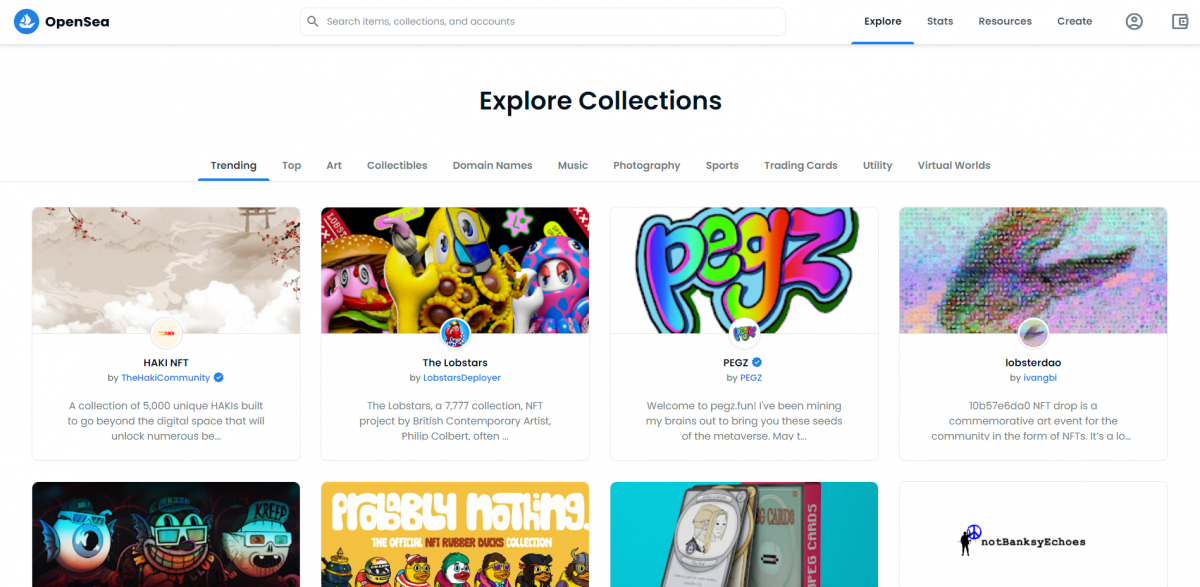
➤NFT immigration: 99.9% of digital native content is not stored in blockchain, IPFS and other technologies
There is a fundamental assumption behind understanding DePub as "property and traceability" and "holding and trading": the publication is "NFT immigration".
In the 1990s, the Internet entered the private sector, dividing the world's population into Generation Z, the "Internet natives", and the "Internet immigrants", such as the "Internet immigrant" generation, who first went online for the first time after college or even older. To this day, some people still refer to the Internet as "new media", but if you want to go deeper, the Internet has been around for 30 years, and they still understand it as "new", which probably reflects that the parties are still looking at it from the standpoint of "old media" world.
The Internet liberates information from physical constraints, and blockchain takes it a step further, liberating assets from physical constraints. I believe that with the increasing popularity of blockchain, history will repeat itself: the world's population is divided into "blockchain natives" who don't know what wire transfers are, and the successful transition from banking and traditional financial systems along the way "Blockchain immigration" to cryptocurrencies.
Users are divided into two generations, and the content is the same. In the early days of the Internet, publishers were busy bringing newspapers, magazines and books online as "digital immigrant content." Today, 30 years later, more and more creations and reports are live on the Internet from the moment they came out, and they are "digital native content".
But just as many Gen Zers who know the Internet well are not familiar with blockchain, 99.9% of digital native content is not stored in blockchain or Interstellar File System (IPFS) and other technologies, and has nothing to do with decentralized consensus. This is largely because the need is not felt.
➤Everything digital is gone, fight forgetting with "content preservation"
I have been popularizing blockchain and decentralized technology for a long time. People on both sides of the Taiwan Strait can understand it, but Taiwanese people will not think that tomorrow "Reporter" will be blocked, or "Freedom Times" will be shut down, and they will not worry about it. Taishin Bank will freeze its own assets, so they use "foreign cases" such as Ukraine and Hong Kong to understand the logic of the war, which is a clear separation. However, for Hong Kong people, it is not only a pain in the skin, but also a daily life. That understanding is a profound experience from the inside out.
Hong Kong's "Apple Daily", "Radio Hong Kong", "Stand News", "Zhongxin", and countless other media have all disappeared in the past year, and the disappearance of digital content is more expensive than the suspension of sales of paper publications. It is a hundred times more thorough - the latter has no future, and the former simply wipes out the past. Just like Hong Kong's "Apple Daily", the content of more than 30 years disappeared overnight with the closure of the station, as if it never existed.
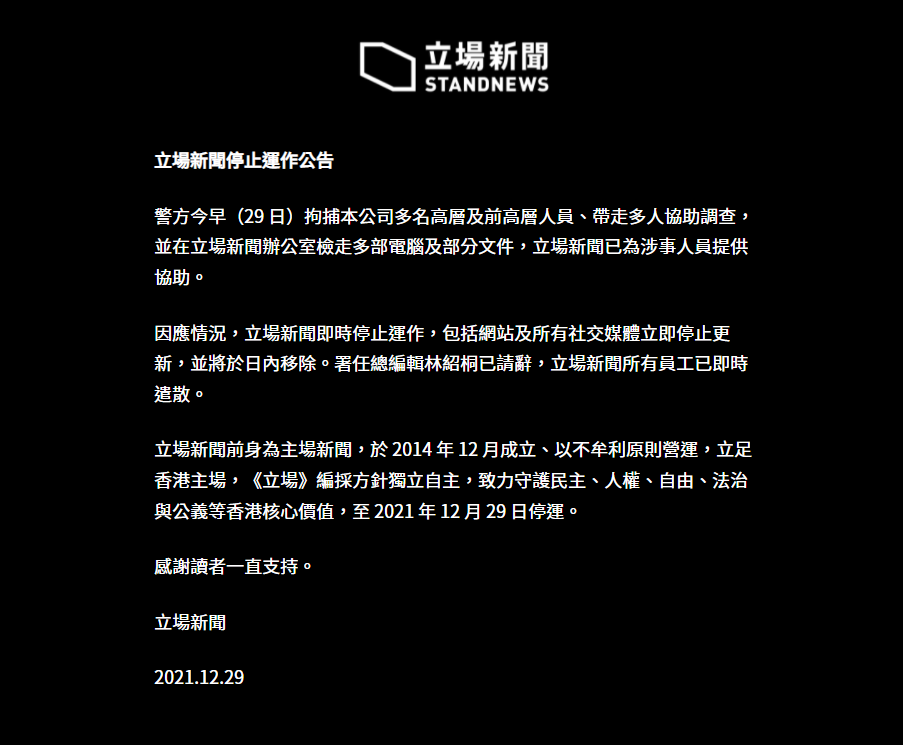
"The struggle of human beings against power is the struggle of memory and forgetting." Hong Kong people have backed up many disappeared civic media on the blockchain for permanent preservation. However, while technology can guarantee that these backups will never be tampered with from the moment they are written to the blockchain, there is no guarantee that they will be exactly the same as the original content - there may be distortions caused by format changes, or even deliberately infiltrated changes.
In addition to saving content, the most common reason for putting content on the chain is, of course, minting NFTs for sale. Creators, publishers, publishers, etc., have cast their "IP" into NFT to realize. Whether it’s anime, photos, or music, these contents have already been published, and they were not written on the blockchain at the time of publication, or even digitally native.
Regardless of whether the starting point is historical preservation or cultural realization, the above are all about "NFT immigration", which is to transfer content originating from paper and the Internet to the Metaverse. Just like immigrants in the physical world, these contents were not born in the metaverse. The records on the blockchain are supplementary, and the information may be false or false. For historical preservation, these errors will produce false information; for cultural realization, these errors will produce A goods.
The above problems are the reason for the existence of the "content ID card" ISCN, and also the boundary of "NFT immigration" as a certificate.
➤NFT natives: more suitable NFT making tools will appear
Now that there are NFT immigrants, will there also be NFT natives? The answer is yes, and I think it will be a new trend in writing and reporting.
In fact, some of the generative art on the market, or the content of "NFT for NFT", is already NFT at the moment of birth, and it is written directly on the chain, which can be said to be "NFT natives".
Tell a real joke. By the way, once I wanted to sign a document, I was looking for a pen but couldn't find it, but I only found the Apple Pencil. As a writer, I sometimes use expressions such as "writing" and "writing mistakes", but those expressions have become allusions. In fact, I always write with "keystrokes" and occasionally "keystroke mistakes". After all, I have I haven't used manuscript paper for more than 20 years, and I type directly on the keyboard. I even doubt that the new generation, babbling and holding an iPad, knows what manuscript paper looks like.

Of course, there are still diehards who still use physical pen and paper, and I also envy the literati who can write well. Whether it is for the texture and strokes of pen and paper, to preserve the tradition, or simply to be unable to change the habit, it is a sufficient reason to continue to use pen and paper, after all, it is a personal choice. However, from a practical point of view, it is much more efficient, objective and indisputable to directly use digital media to create, whether it is editing, editing, typesetting, or publishing. Pen and paper and calligraphy are excellent cultures that should not disappear, but it is inevitable that they will disappear from work and daily use.
From physical to digital, from digital native to NFT native, it will be the same. When NFTs are used to carry more and more forms of content, transactions become more and more popular, and the advantages become more and more obvious, document processing software will naturally provide functions such as "storage as NFT", and even that is too deliberate, the system The works are automatically stored as NFTs behind the scenes.
In fact, today's technology is enough to drive such software. Maybe it is too difficult to use at present, the "gas fee" is too high, and the demand is not large enough, but all of the above will change over time. Don't forget, many people who type on the keyboard every day now feel that those expensive, difficult-to-use, and temperature-free word processing software will never be as good as pen and paper.
The above statement of "NFT for NFT's sake" is not derogatory, but it does reflect a phenomenon of "alienation". In theory, expressing, creating, and reporting is one thing, but what medium is used to carry it and what method is used to realize it is another. Now NFTs are so prevalent that they have to lock and sell NFTs first, and then conversely consider what to create, otherwise the works will be worthy of the name "there is no market". This strange phenomenon is like determining what to sell in a bottle first, and then considering what beverage to make. It can be regarded as an alternative embodiment of "the medium is the message".
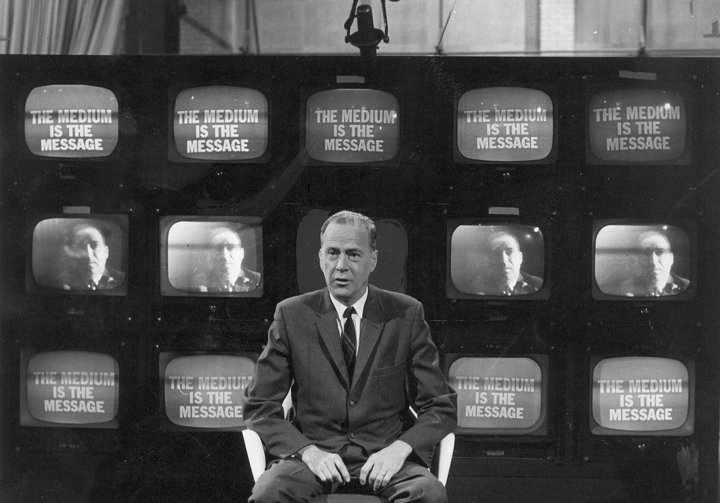
However, I believe that this is only a phenomenon at the beginning of NFT. When everyone becomes more and more adaptable, or becomes more and more tired of the existing NFT ecology (who would be interested in constantly buying avatars?), the industry will naturally develop NFTs that are more in line with the original intention of creation. , and more integrated NFT production tools in the content production process.
➤ NFT book? Still blunt, new wine in old bottles, depends on the gorgeous turn of the publisher
Similar ideas have been initially implemented by products, such as Numbers Protocol's Capture and LikeCoin's depub.SPACE, which allow users to create "NFT natives", and also integrate the context and context of content creation into NFT metadata. Seamless integration with the sales process.
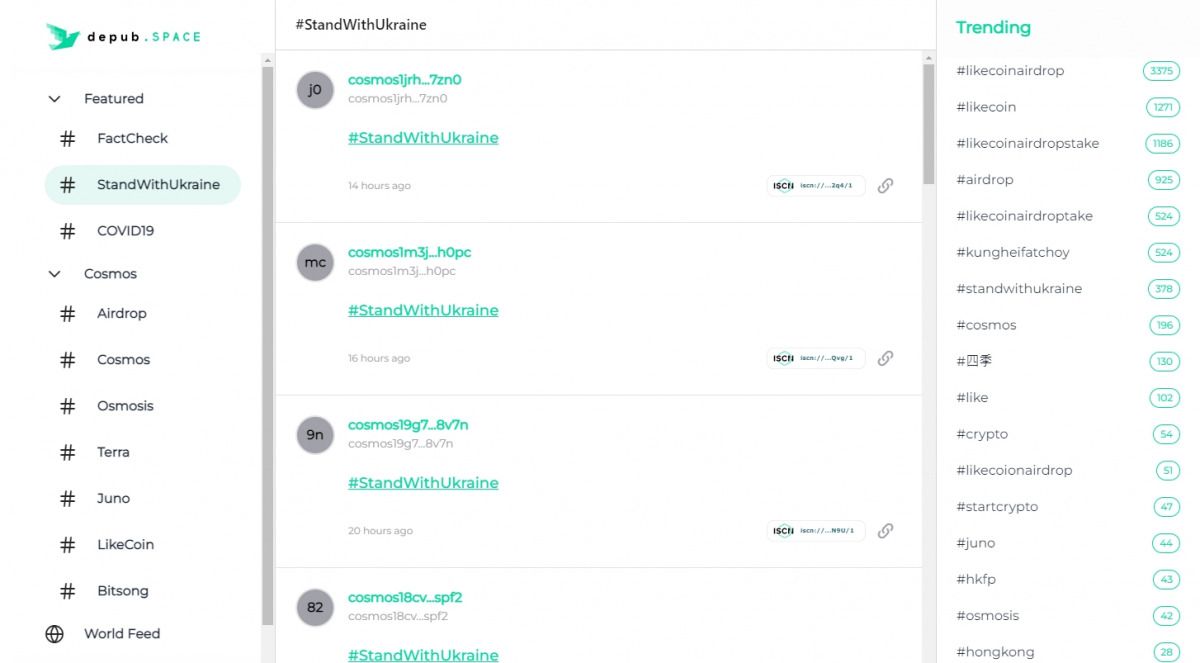
I believe that there will be more and more traditional content in the future, and find ways to organically integrate NFTs, such as "NFT books". Of course, the direct approach is to cast ePubs into NFTs for sale, but this is just like the early days of the Internet. Typesetting is reserved for direct access to pdf, although it also brings convenience, but it is very rigid. In the future, "NFT books" will continue to be arranged by Amazon, and new innovations with no experience and no burden will break out of new paths? Or is it created by a traditional publishing house with a splendid turn? It depends on who can interpret "old wine in a new bottle" well.
When aboriginal people become the mainstream of NFT, the distinction between "property rights and traceability" and "holding and trading" in DePub will become less and less obvious. From the records of creation to the collection of the audience, the blockchain is used, and the decentralized Consensus becomes end-to-end.
Although as a technical optimist, I am not optimistic enough to believe that false information and fake goods will disappear in the thinking of NFT aborigines, but at least, the industry can use the assistance of on-chain data to distinguish between true and false, and it is even expected to appear Decentralized NFT marketplace, publishing house and fact-checking organization.
➤ Decentralization is not disintermediation, and decentralized publishing does not mean the disappearance of publishing house functions
When it comes to publishing houses, some will assume that publishing houses will disappear in the decentralized age. In fact, "decentralization" and "disintermediation" are two completely different concepts. The decentralized publishing model does not mean that there is no publisher's foothold, at least, I don't think so.
I have always believed that as long as a person or organization continues to generate value, he will survive the paradigm shift. For example, since smartphones took hold, users would only go to the App store to download applications, and mobile telecommunication providers are no longer the focus. However, telecom operators did not disappear because of this. Instead, they made more money than before by providing bandwidth. Relatively speaking, if a character is just a Cantonese so-called "eating the old man", or, to put it in a nasty way, "occupying a dungeon and not shitting", if he lives in the old system, he will always be eliminated in the new model, but that It has nothing to do with decentralization.
In all aspects of the functions of the publishing house, although some of them may indeed disappear in the decentralized era, for example, the settlement is likely to be done by smart contracts, but the needs of content content, editing, curation, and promotion will not be distributed because of publishing. disappear. If there are publishing houses that disappear, I am afraid that it is impossible to grasp how to perform the above functions under the new paradigm, rather than that these functions are no longer needed.

➤ New Paradigm Shift: The virtual world is not attached to the physical world
As a writer, I myself have been looking for ways to survive in the new century. I don't have a surefire way to win, but I am convinced that in the face of the popularization of blockchain, traditional publishers, creators and reporters must first deeply understand the essence of the digital world and regard it as an existence with its own advantages and disadvantages outside the physical world. and carrier, rather than a "virtual world" attached to the "real world".
For example, the English "copyright" of copyright means the "right" of "copy", the right to copy; after you have written a book, you have the right to copy the book and let more people own the book. Copyright is a logic derived from the physical world, but if it is copied to the digital world, various problems will arise.
In the physical world, there is a cost for copying, and because the premise of distribution is to have a high-quality original version and then pay the cost of copying, the implementation of copyright has a foundation. But in the digital world, any content can be copied indefinitely without cost, and the copy is no worse than the original bit, and even the concept of "own" has become blurred. Hard case.
While some traditional media are still looking for a business model for digital content under the prevalence of the Internet, NFT once again leads a new paradigm. On the one hand, it brings back the concept of "owning", but on the other hand, it retains the characteristics of unlimited copying of digital content. Prohibition of copying is no longer a prerequisite for generating income, and the motivation to have it is no longer derived from being able to watch it. The digital content business model that has just established itself is facing challenges again.
The general trend of NFT has been completed, but the details have yet to be found and implemented by practitioners and participants. As long as you let go of your stereotypes and deeply appreciate the advantages of decentralized consensus, publishers, reporters and creators will be able to survive and live better in the new paradigm of decentralized publishing. ●
【Publishing NFT Immigration Guide】Complete Feature
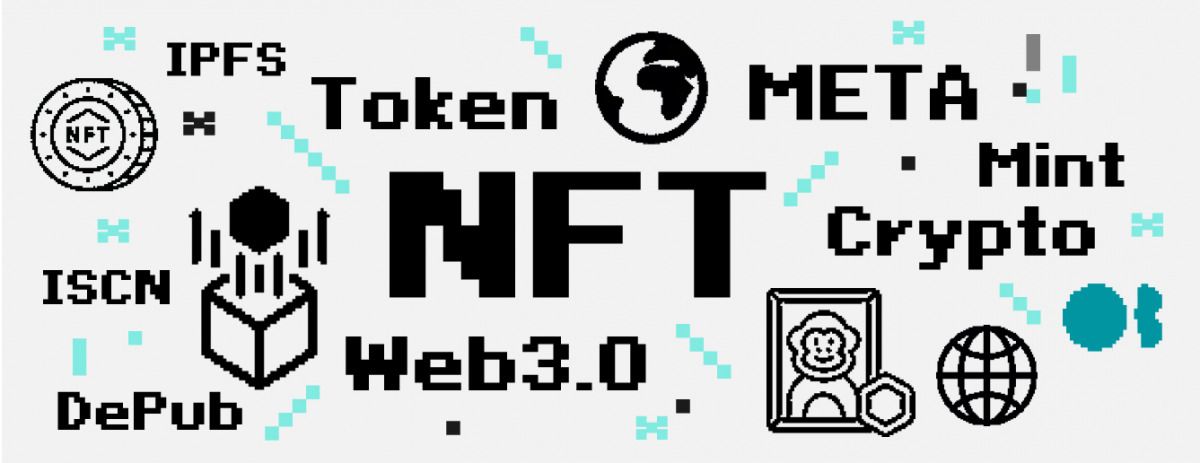
Like my work? Don't forget to support and clap, let me know that you are with me on the road of creation. Keep this enthusiasm together!





- Author
- More